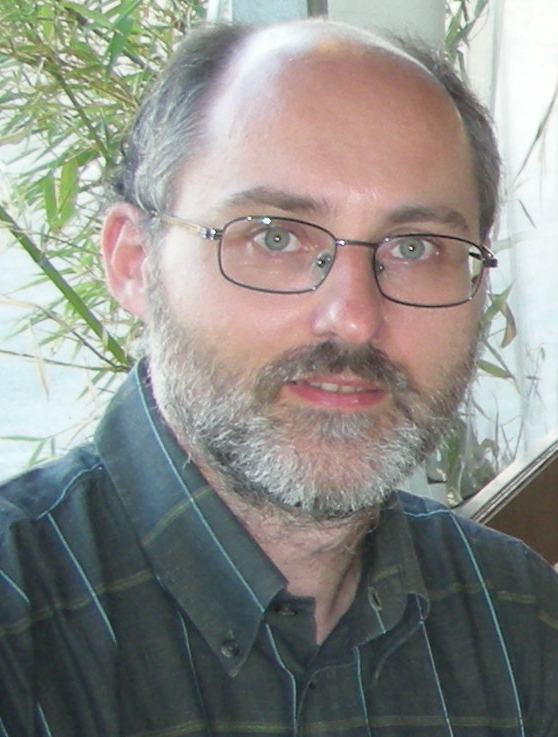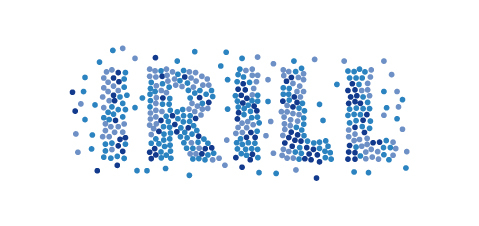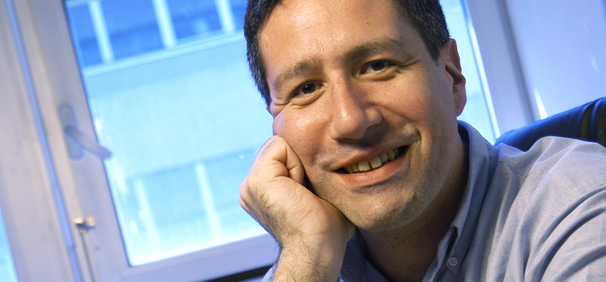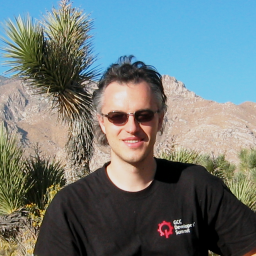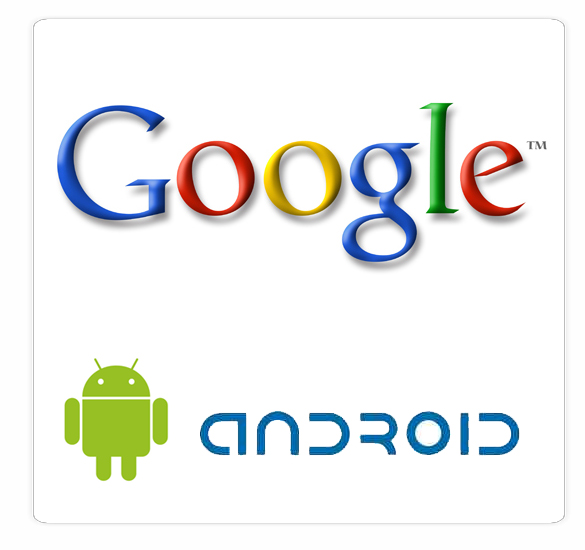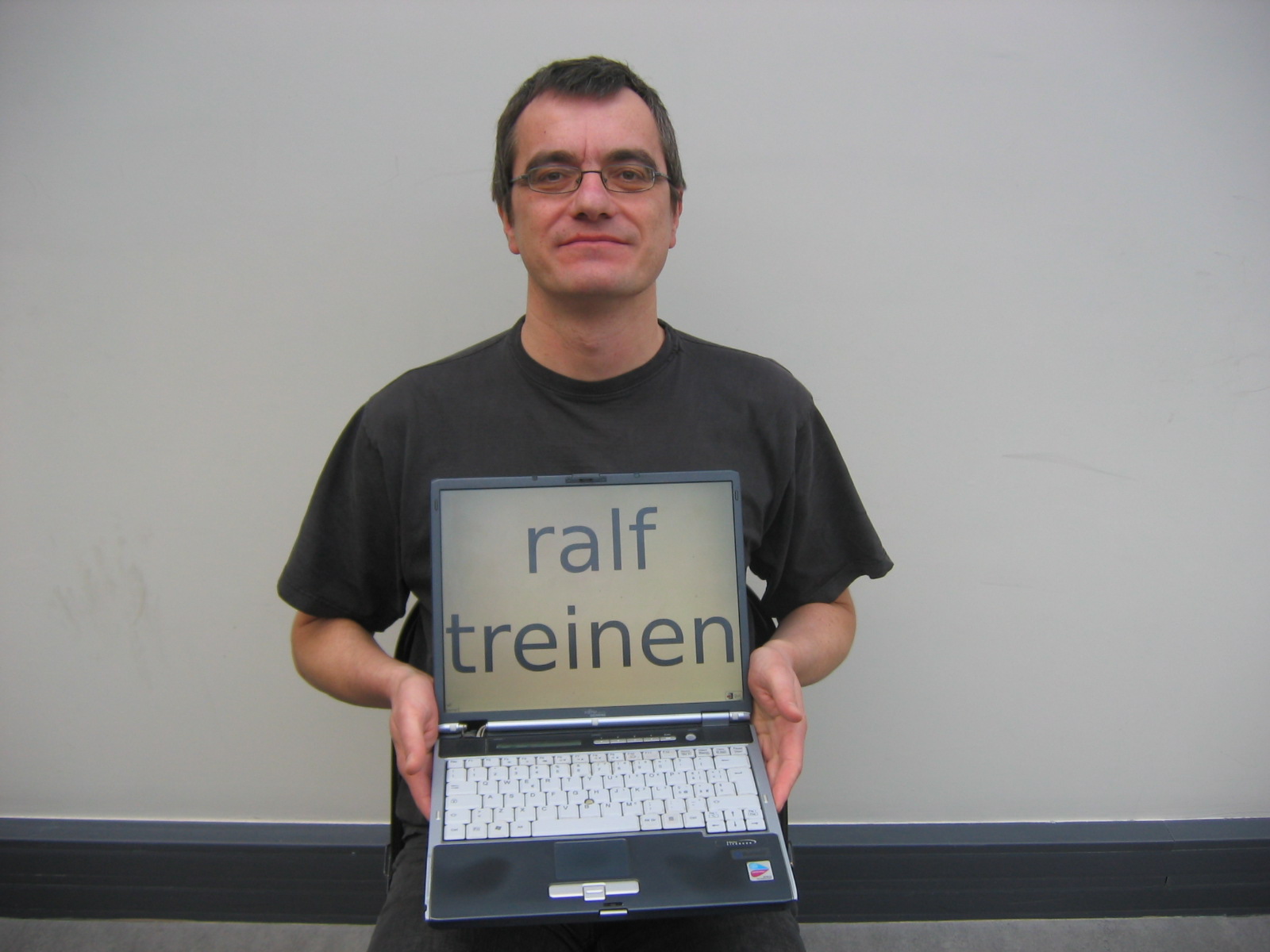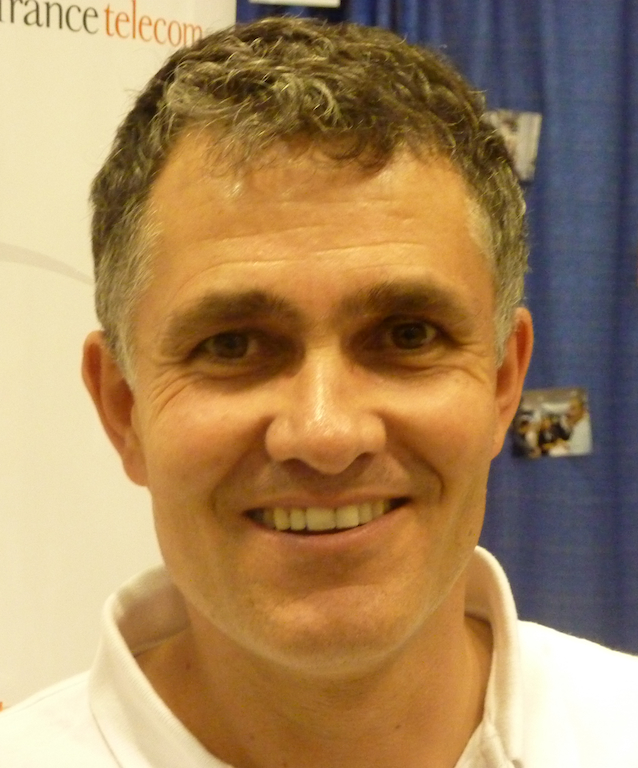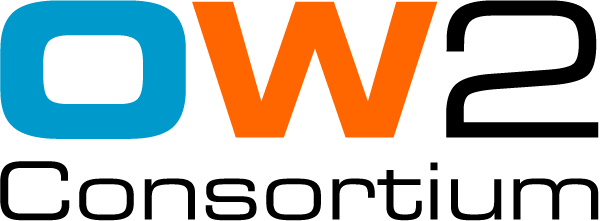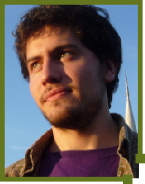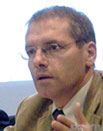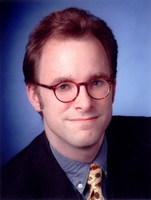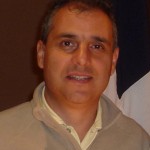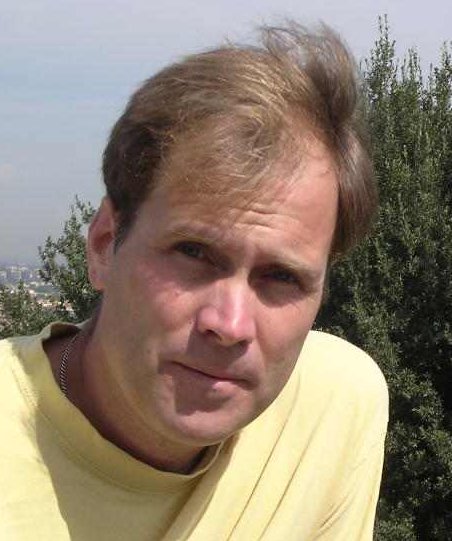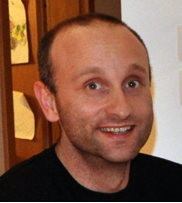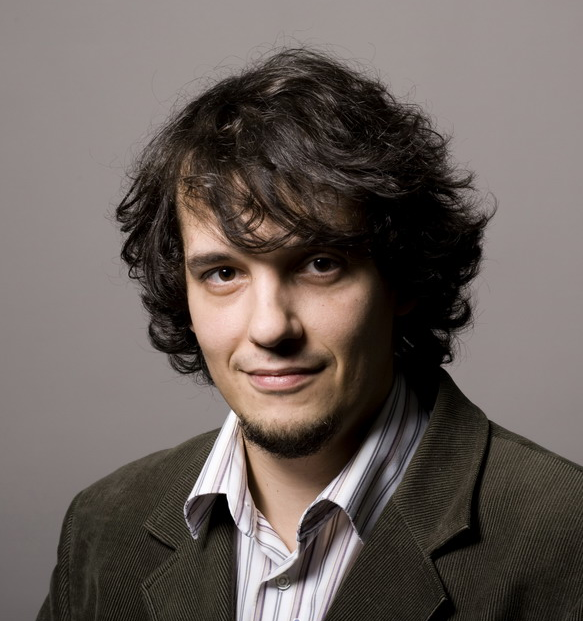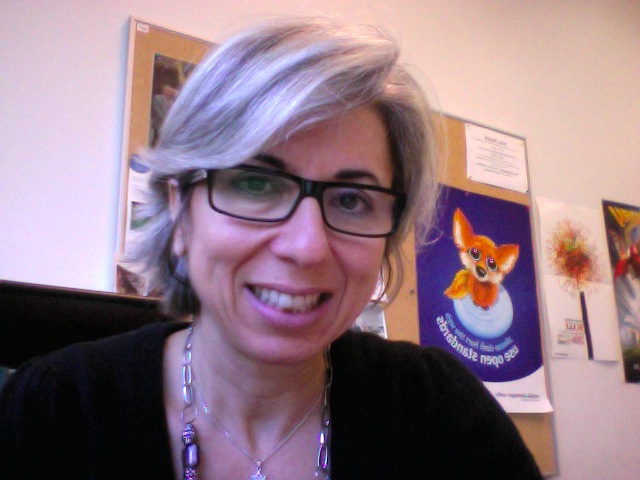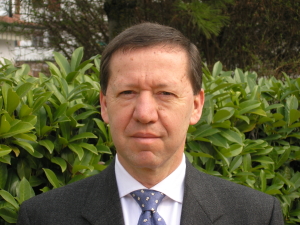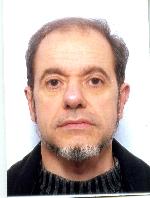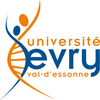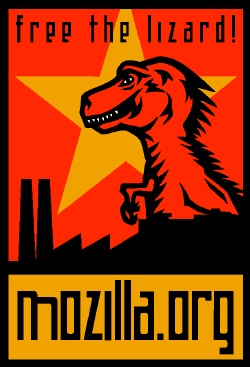| Education |
| To look at the future |
| Responsible: IRILL – Paris Diderot – Roberto Di Cosmo |
|
|
|
|
|
|
|
Computers & software are becoming pervasive, and are having directly or indirectly a significant impact on almost all aspects of our modern life: it comes as no surprise that computer & software have an impact on education too. Academia has an important role to play at several levels…
- We need to educate the teachers,
- We need to teach all university students,
- We need to teach IT students how to work in an environment that is becoming dominated by Free & Open Source software.
In the Education track of Fossa 2010, we will try to advance the debate on all these levels, by bringing together people that have first hand experience gained during early experiments in the past years, as well as people working to improve on what is currently done.
Instead of traditional technical conferences, the different presentations will follow a “lightning talk” style to allow a greater freedom of movement and exchange of ideas. |
|
| 08:30 |
|
Free Coffee & Registration |
|
Title & Organisation |
|
Speakers |
|
|
|
|
|
|
|
| 09:00 |
|
Lightning Talks |
|
IRILL – Research & Innovation on Free Software (pdf)
|
|
Roberto Di Cosmo |
|
|
|
|
|
|
|
| 09:30 |
|
Computer Science
for everybody |
|
Introducing Computer Science in High School (pdf) |
|
Gilles Dowek |
|
|
|
|
Free Software & collaboration for undergraduates (pdf) |
|
Ralf Treinen |
|
|
|
|
|
|
|
| 10:15 |
|
Free Software
in the IT Curriculum |
|
Report on the Free Technology Academy experience (pdf) |
|
Franco Iacomella |
|
|
|
|
|
|
Wouter Tebbens |
|
|
|
|
The COMETE project at Evry with the Mozilla foundation (pdf) |
|
Didier Courtaud |
|
|
|
|
|
|
Judith Benzakki |
|
|
|
|
|
|
|
| 11:00 |
|
Students hands-on
experience in FOSS projects |
|
Summer of Code Projects |
|
|
|
|
|
|
Google summer of Code: Experiences and Beyond (pdf) |
|
Albert Cohen & Olivier Berger |
|
|
|
|
The OW2 programming contest in China: A success story (pdf) |
|
Alexandre Lefebvre |
|
|
|
|
|
|
|
| 11:45 |
|
Unconference Panel |
|
Connecting Communities |
|
Gabriele Ruffatti |
|
|
You can ask your own questions! |
|
|
|
|
|
|
|
|
|
|
|
|
|
|
|
|
|
|
|
|
|
|
|
|
|
|
|
|
|
|
|
|
| 12:30 |
|
Free Lunch |
|
|
|
|
|
|
|
|
|
|
|
|
|
|
|
|
|
|
| Public Sector |
| To democratize FOSS to public service & citizens |
| Responsible: Fraunhofer Fokus – Yuri Glickman |
| |
|
|
|
|
|
|
Our society becomes more & more open. That concerns & involves all of us. One of the aspects of this tendency is the activities undertaken by public organizations to become more transparent to the citizens. The informational technologies play very important role in this process, but…What is the value of FOSS in it? - How FOSS is used in modern public organizations?
- How can the FOSS community help public organizations to become more open?
- How can FOSS itself become more open to public organizations and citizens?
- What is the role of academic FOSS community in those processes?
All these questions will be discussed at the session “FOSS for Public Services” following a “lightning talk” style to allow a greater freedom of movement & exchange of ideas.
|
|
|
|
|
|
|
|
| 14:00 |
|
Lightning Talks |
|
For a sustainable cognitive ecosystem |
|
Fiorello Cortiana |
|
|
|
|
Open Government (pdf) |
|
Joern von Lucke |
|
|
|
|
Potential & risks of Open Data & Open Government for transparency in politics (pdf) |
|
Marco Fioretti |
|
|
|
|
|
|
|
| 15:15 |
|
FLOSS in Public
Administrations Today |
|
Europe’s public administrations’ use of open source for their desktops (pdf) |
|
Gijs Hillenius |
|
|
|
|
Open Source & GreenIT for eGovernment (pdf) |
|
François Letellier |
|
|
|
|
|
|
|
| 16:00 |
|
Coffee Break |
|
|
|
|
|
|
|
|
|
|
|
|
|
|
|
|
|
|
| 16:30 |
|
Innovative solutions for
public services |
|
POZNAN FLOSS-based municipal services (pdf) |
|
Bartosz Lewandowski |
|
|
|
|
|
|
|
|
|
|
|
|
|
|
| 17:15 |
|
Unconference Panel |
|
Open Source for Open Public Services |
|
Gijs Hillenius |
|
|
You can ask your own questions! |
|
|
|
Yuri Glickman |
|
|
|
|
|
|
Marco Fioretti |
|
|
|
|
|
|
Fiorello Cortiana |
|
|
|
|
|
|
|
| 18:00 |
|
Wrap-up + Contest |
|
|
|
|
| 18:15 |
|
End |
|
|
|
|
|
|
Free Cocktail! |
|
|
|
|
| 18:30 |
|
AlpesJug – BIRD OF FEATHER |
|
Special GUEST & TALK!
Jason Van Zyl … the father of MAVEN!
Jason is the founder and CTO of Sonatype, the Maven company, and founder of the Apache Maven project, the Plexus IoC framework, and the Apache Velocity project.
Jason currently serves on the Apache Maven Project Management Committee. He has been involved with the Apache Software Foundation (ASF) for seven years, helped to found Codehaus, a well-respected incubation facility for open source community projects. |
|
Presentation HERE |


